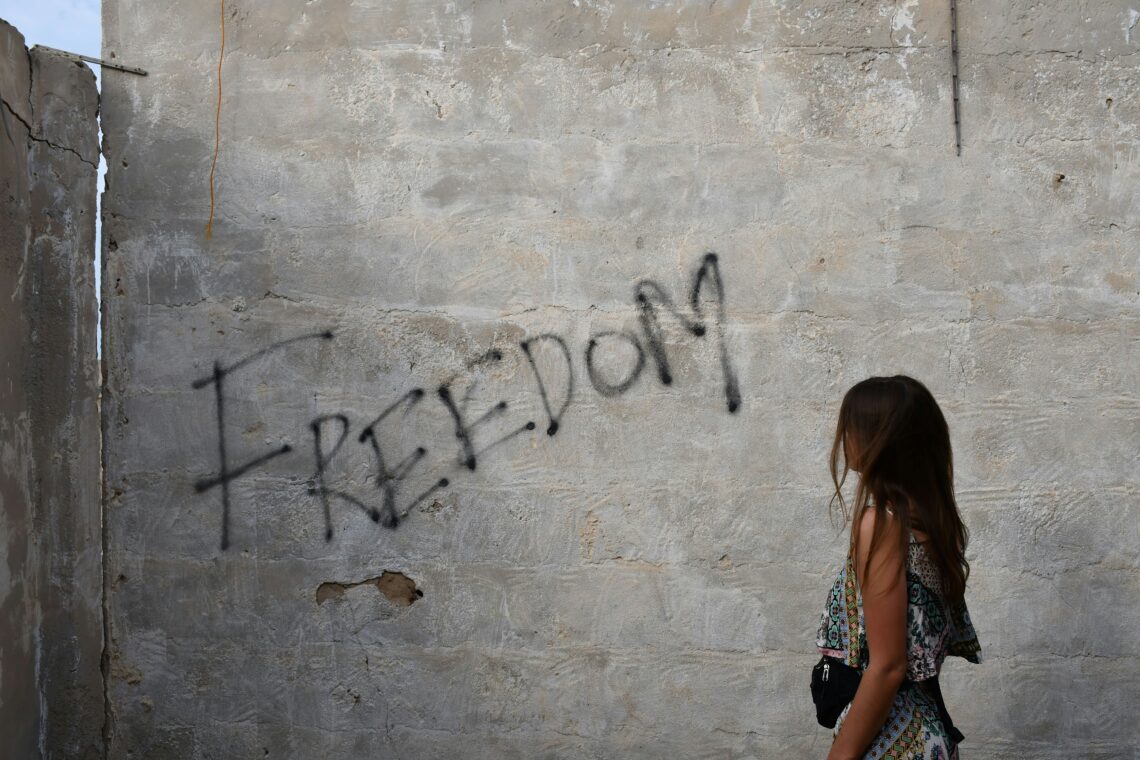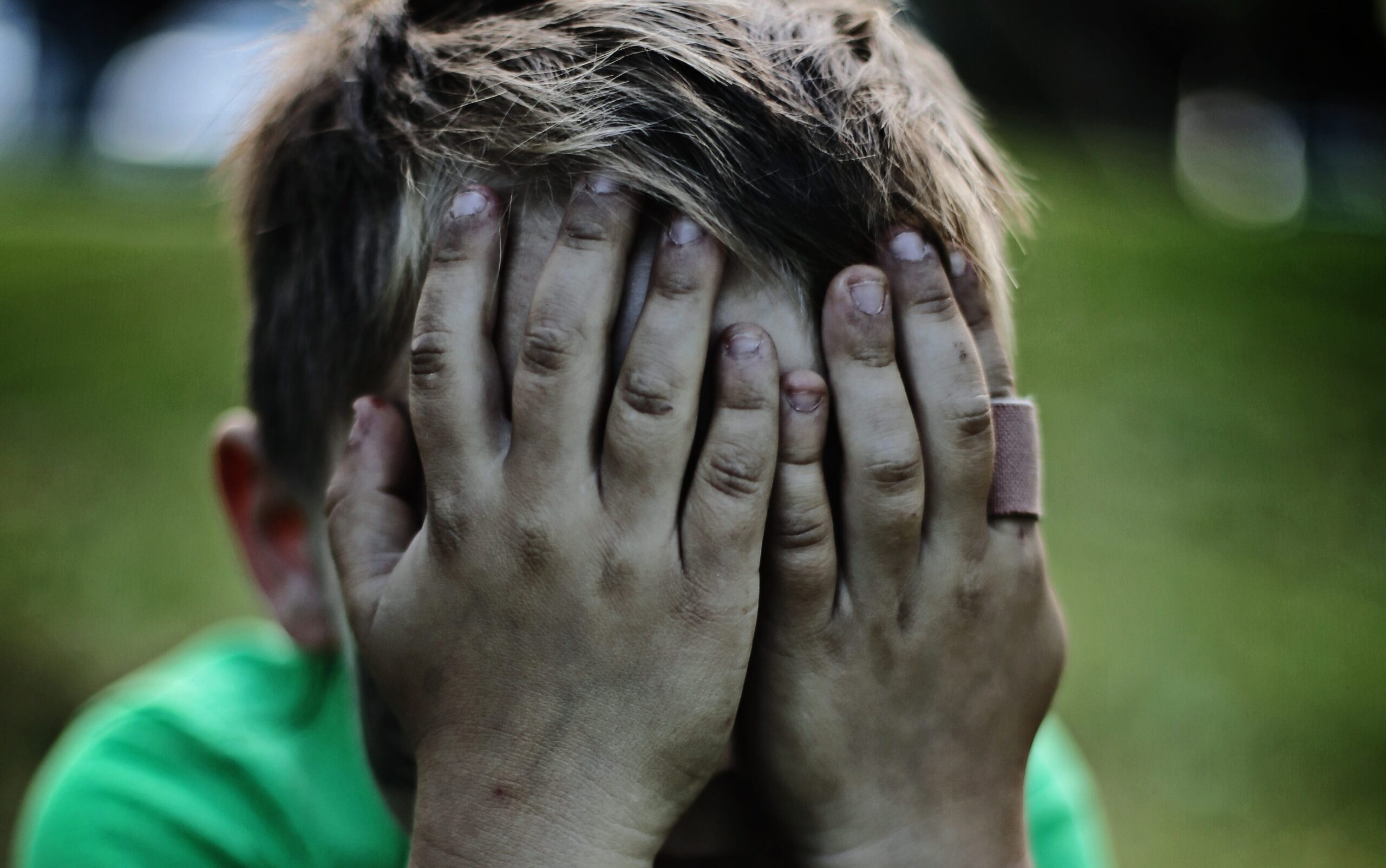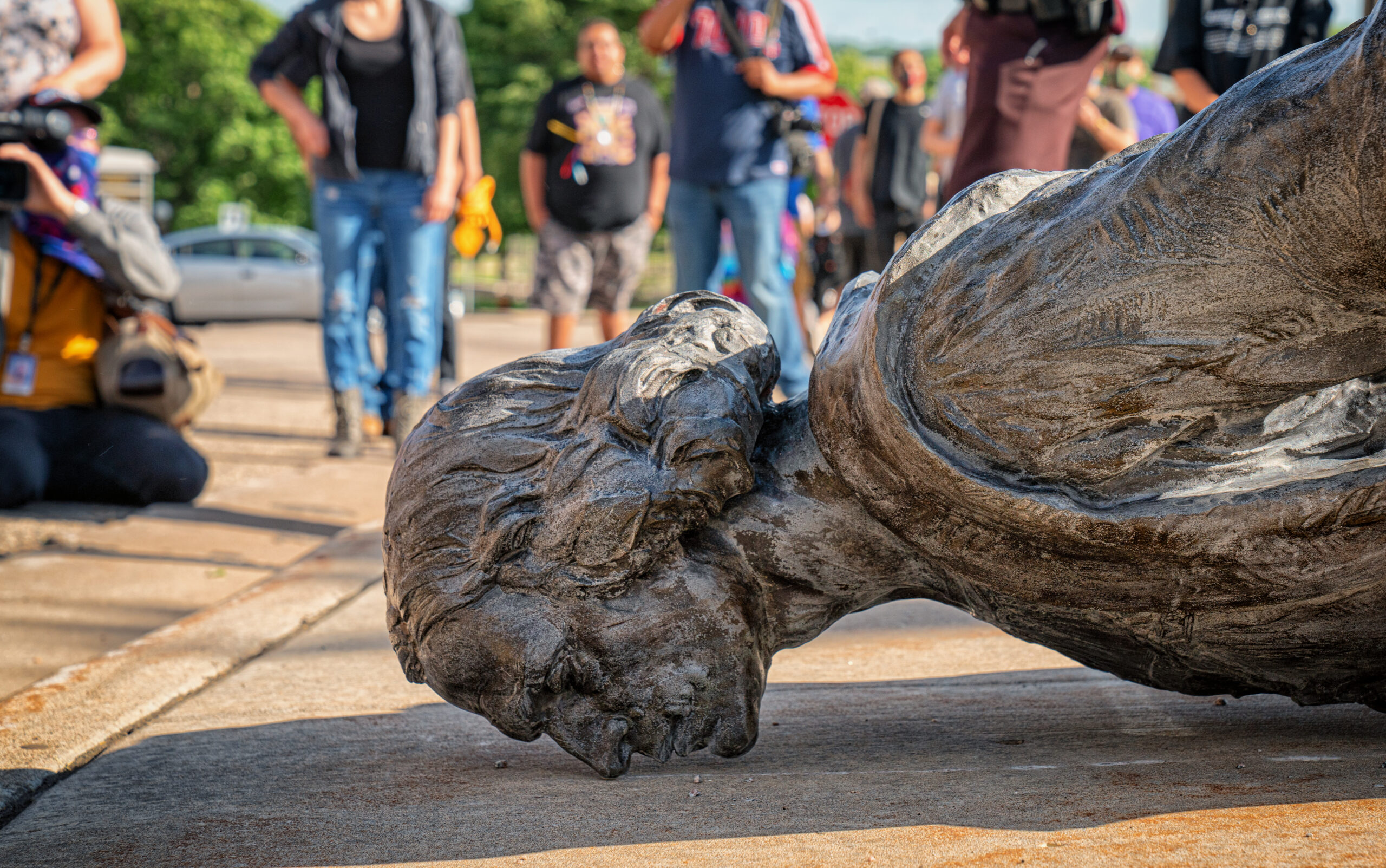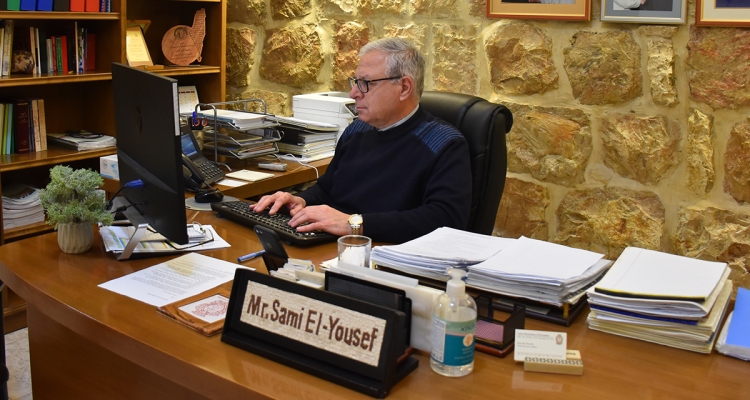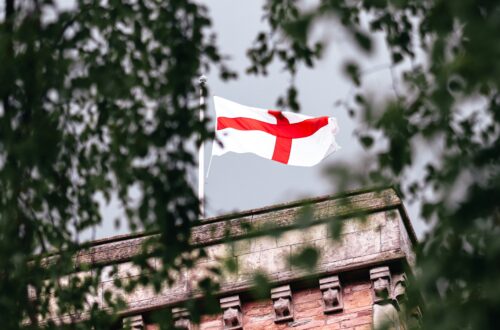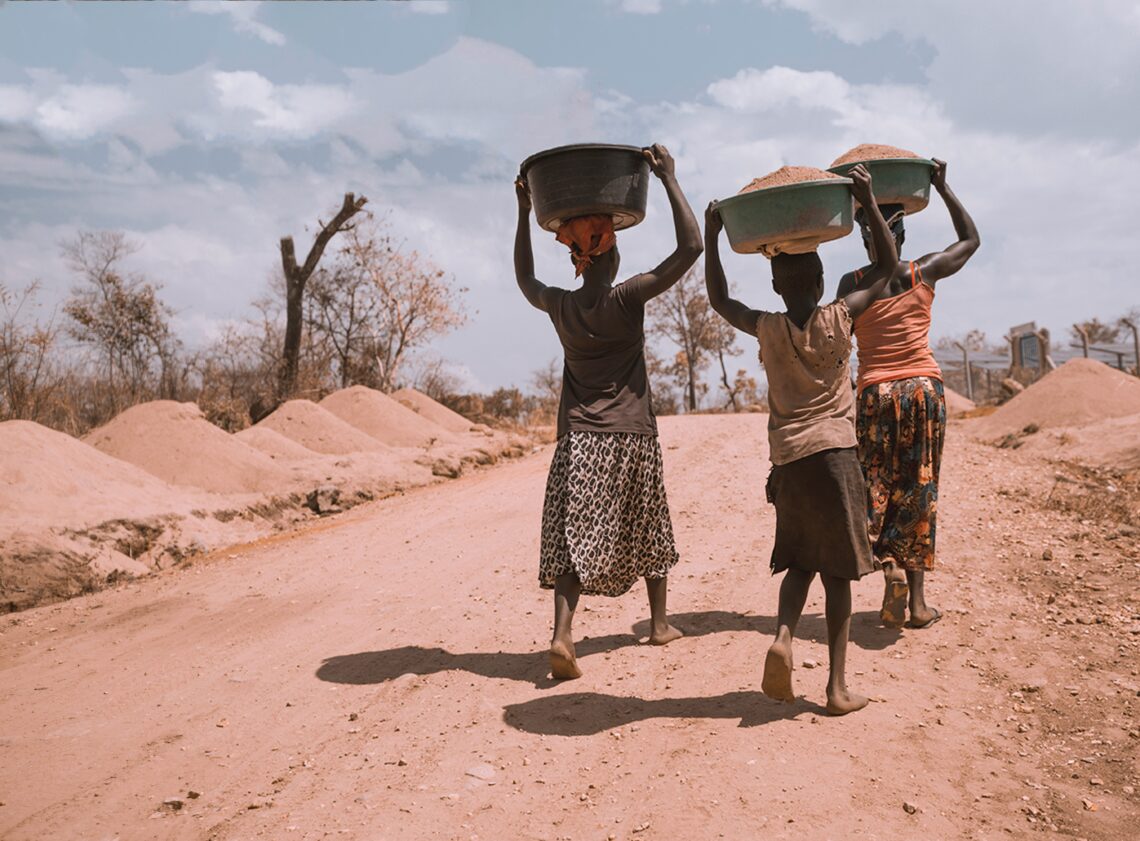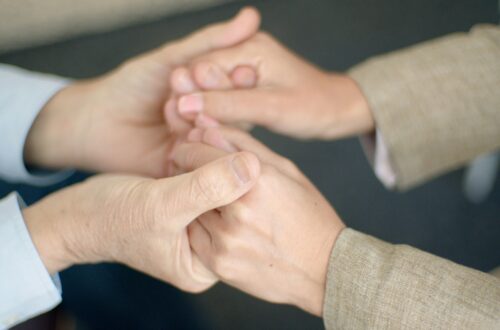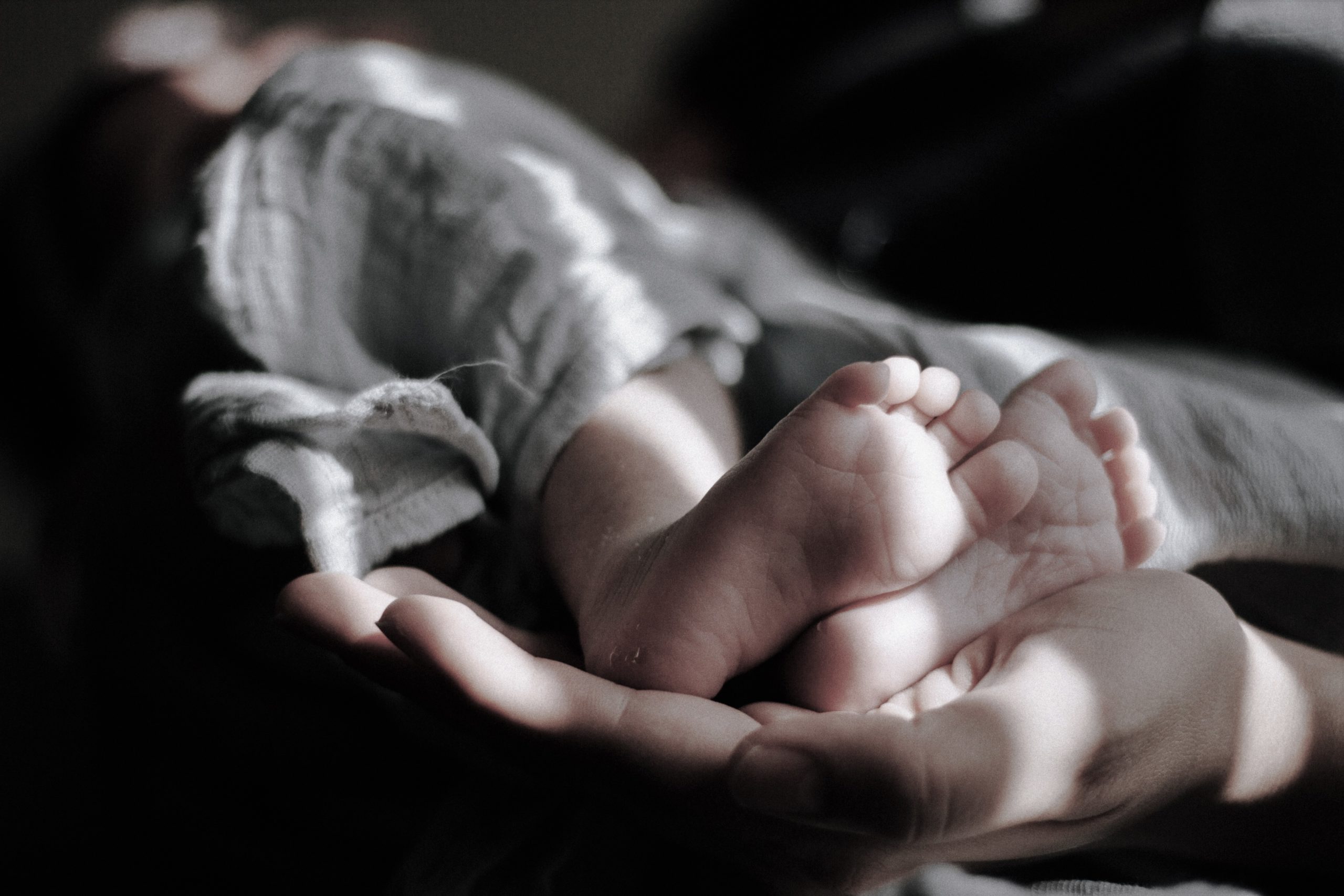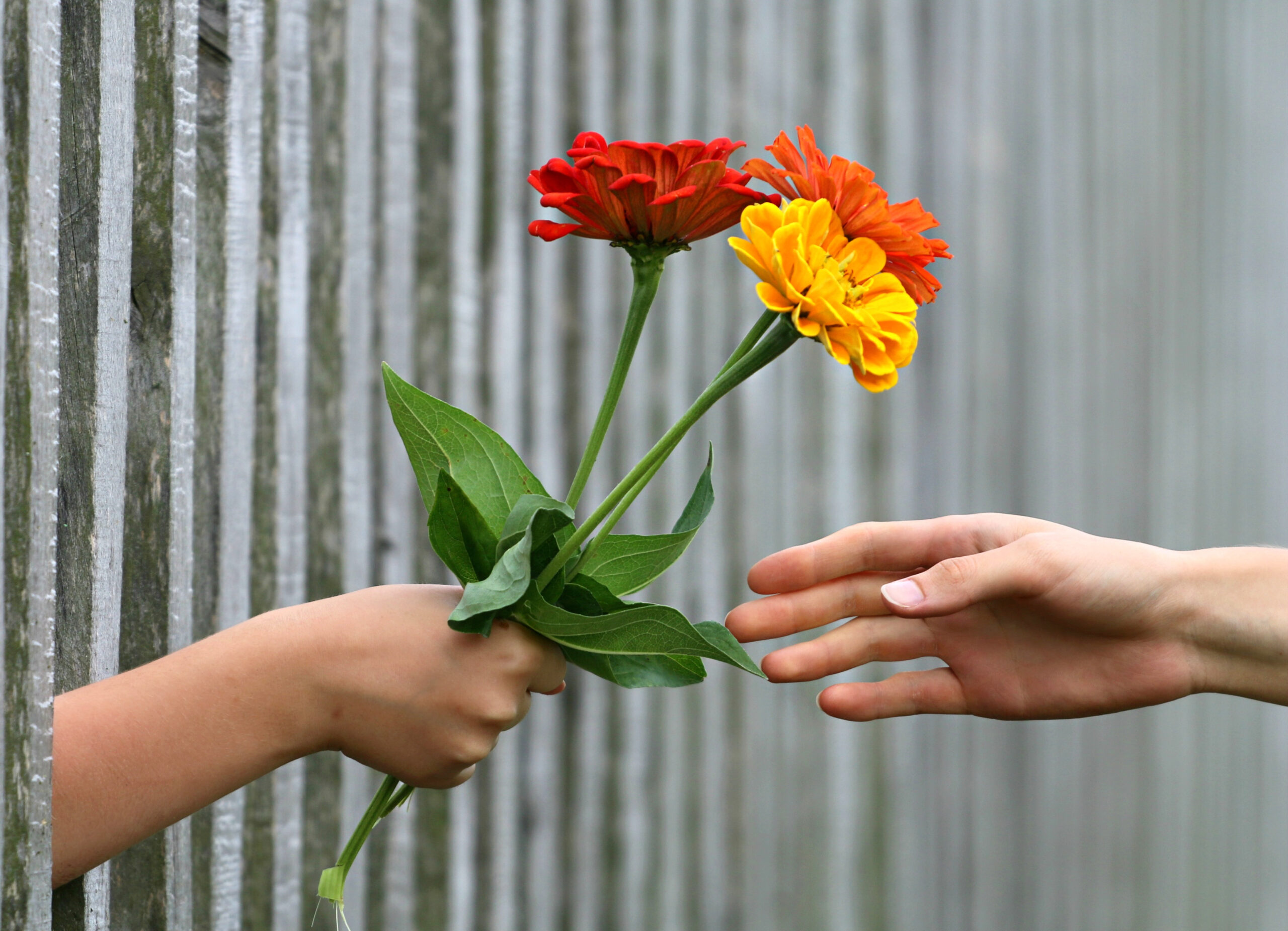-
Creative co-existence, the only way forward
(15 minutes) We must defend not only our own freedom of expression but also that of those we disagree with, believes human rights campaigner Benedict Rogers.
-
Listening to the forest
(5 minutes) The Church returns to the Amazon, where Catholic mysticism and Global South fury expose the West’s failure to act, argues Liam Stokes.
-
A different Christmas: reflections from the Holy Land
(5 minutes) While Palestinians, be they Muslims or Christians, feel short-changed by the recent Israeli-Hamas ceasefire, there are still signs of hope, says Sami El-Yousef.
-
The politics of purity
(4 minutes) The decision to live chastely has significant social repercussions, argues Joseph Evans.
-
The art of living together
(4 minutes) Four important lessons from philosopher Jaime Nubiola on social cohesion and integrity in public life.
-
The people who still love nature
(4 minutes) We are misunderstanding climate sceptics, says Liam Stokes. They’ve not lost their sacral sense of creation; they’ve lost their hope.
-
The feminisation of pain in Africa
(5 minutes) Ana María Gutiérrez is a doctor, nun and theologian. After several decades working in Africa, in this article she shares her experience accompanying women who live with pain and suffering.
-
A secure base: the role of relationships in our lives
(8 minutes) Isaac Withers offers a 101 explanation of the ideas of the great Attachment Theory guru John Bowlby.
-
Return to reading — or why screens are threatening liberal democracy
(4 minutes) Our dependence on screens and AI could lead to the demise of writing and with it of thought, argues Michael Kirke.
-
We are not friends, we are acquaintances
(4 minutes) Jide Ehizele considers the shallow bonds of a plural Britain.
